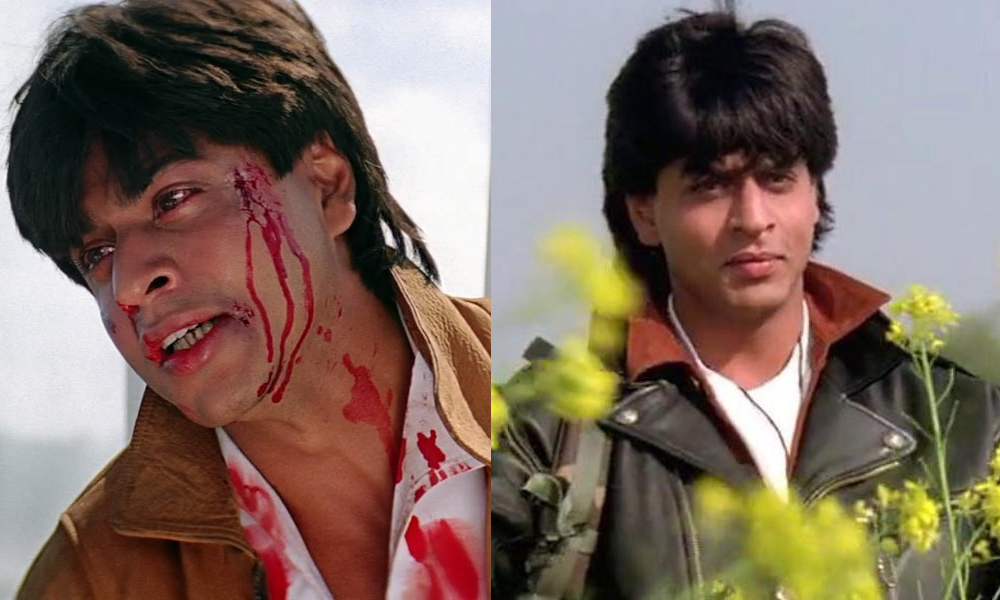
Best actor and best actor in a negative role are separate awards and selection pools in almost every Hindi cinema award show. The two roles have always carried different connotations, but what about for actors who have played both types of roles, like Shah Rukh Khan?
The contrast is obvious — the protagonist is sometimes deeply flawed or sometimes wholly a good guy, but he always deeply believes in and protects something. The antagonist is usually sweaty and sneering; he’s drunk on his power and always unforgivably lax about the rules.

Less discussed, but still a rousing success, is the grey lead with nuance. Amitabh Bachchan of the 70s is a prime example — angry, sweaty, covered in blood he deals with the underworld of drugs, alcohol and corruption, but we still love him because of his origins. A spate of new films with vengeful family (“Mom”, “Dhrishyam”, “Kahaani”) all come to mind as would-be villains turned dark heroes. Bachchan and Naseeruddin Shah in particular manage to artfully go back and forth with darkness and light in the roles they’ve essayed in late life.
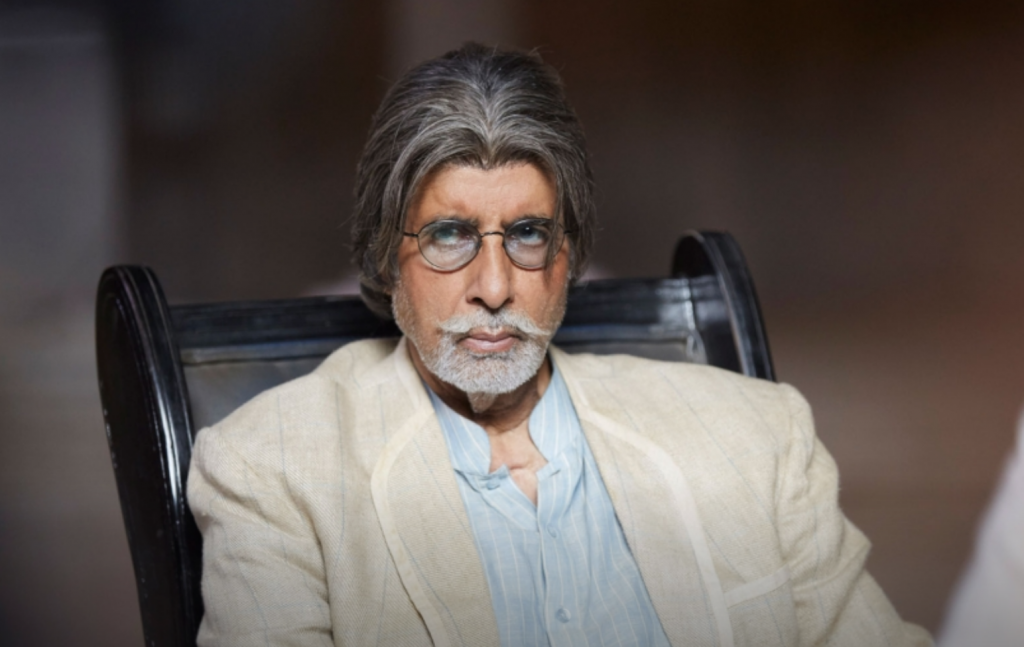
Both these men are dark and cutthroat, and, personally, there is very little redeeming about them. Shah Rukh Khan manages a certain kind of detachment in his portrayal that really drives home their rudderless personalities. Mouth in a thin line, face and body unflinching as they go on tirade after tirade, Khan is all sneer and none of the love with which we typically associate him nowadays.
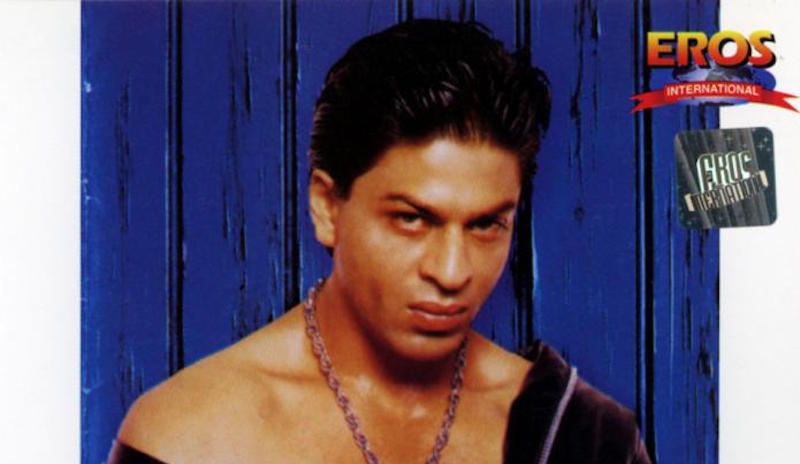
Those iconic Raj and Rahul roles are a different kind of male lead. Stoic and hard in places they need to be, but startlingly red-eyed and glassy in their confrontations. Shah Rukh Khan as a lover is sensuous but sanskaari, he cries and croons in all the right places and is full of rugged charm. Romancing comes easy to this man, it seems to ooze out of him like breathing. Regardless of how you feel about its constant re-use, he does it well.
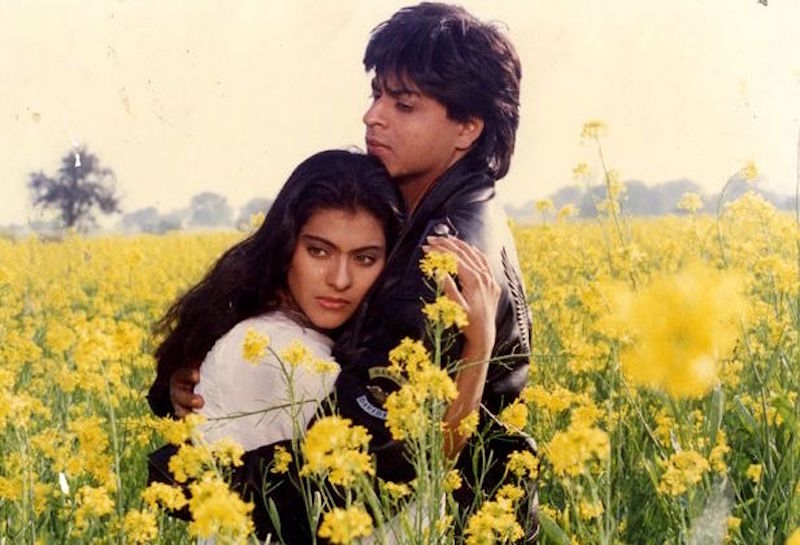
In recent years, Shah Rukh Khan has given us a mixed bag of successes. But within them is a handful of (successful and unsuccessful) negative roles. There’s the “Don” franchise, “Fan” and, best of all, “Raees.” These days, his negative roles commit atrocities against women in euphemism only. Gone is the stain of blood and sweat. Instead, the new age villain is doused in cologne and dripping in cash. It’s a good look, and it hits home a fact I’d rather avoid.
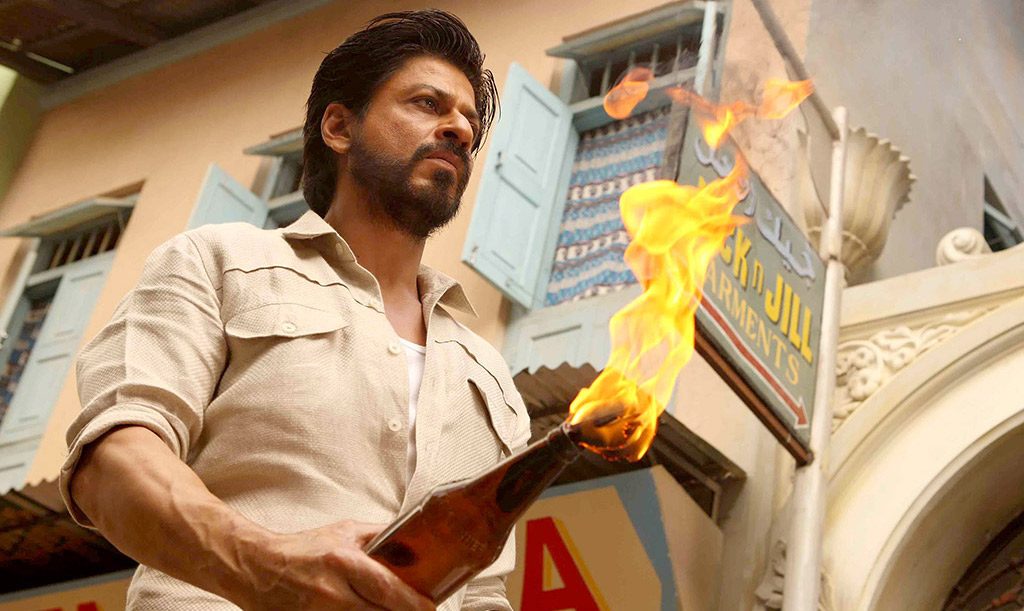
The question is does he do one better than the other? Is there one I’d give up? I think not. For every dark Don and gruesome Manu, there’s an adoring Raj and a ruffled Rahul (“KKHH,” not “Darr”) that is even closer to my heart. What I want from “dark” Shah Rukh Khan is more “Raees”, and, if possible, a lot more “Hum Tumhare Hain Sanam”.
“HTHS” is a strong film, and Shah Rukh Khan plays a great flawed man. Films like this give Khan a chance to flex that dark side, albeit toned down and still remain a lover at heart. Khan as Gopal gets it just right as a doting husband who cannot keep his insecurities in check. In scenes that are almost uncomfortable to watch, Shah Rukh Khan, mid-romantic scene, snaps and flies into a rage. He uses that same cold and curled lip, and an unfamiliar darkness fills his eyes. Contrite and guilty towards the end, he resembles more closely the SRK we are familiar with, but I’m always left with the longing for more.
Does Shah Rukh Khan make a better bad guy? Not necessarily, but should he do it more? Absolutely…
But not permanently, because I’d die without those dimple in my life.
Co-written by Anjali Bhakta




